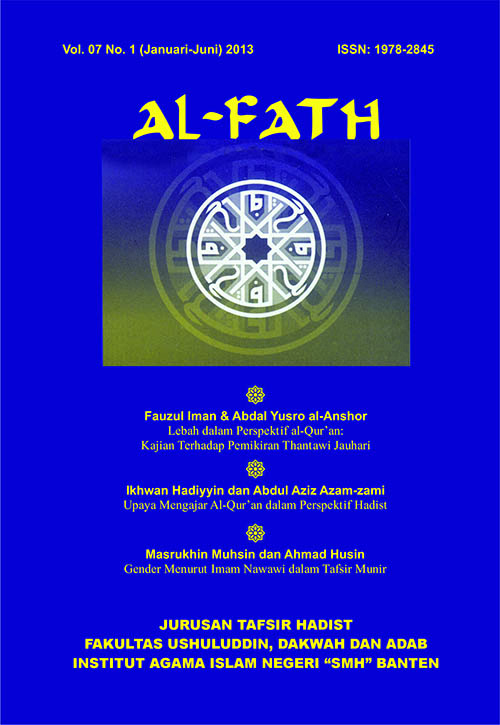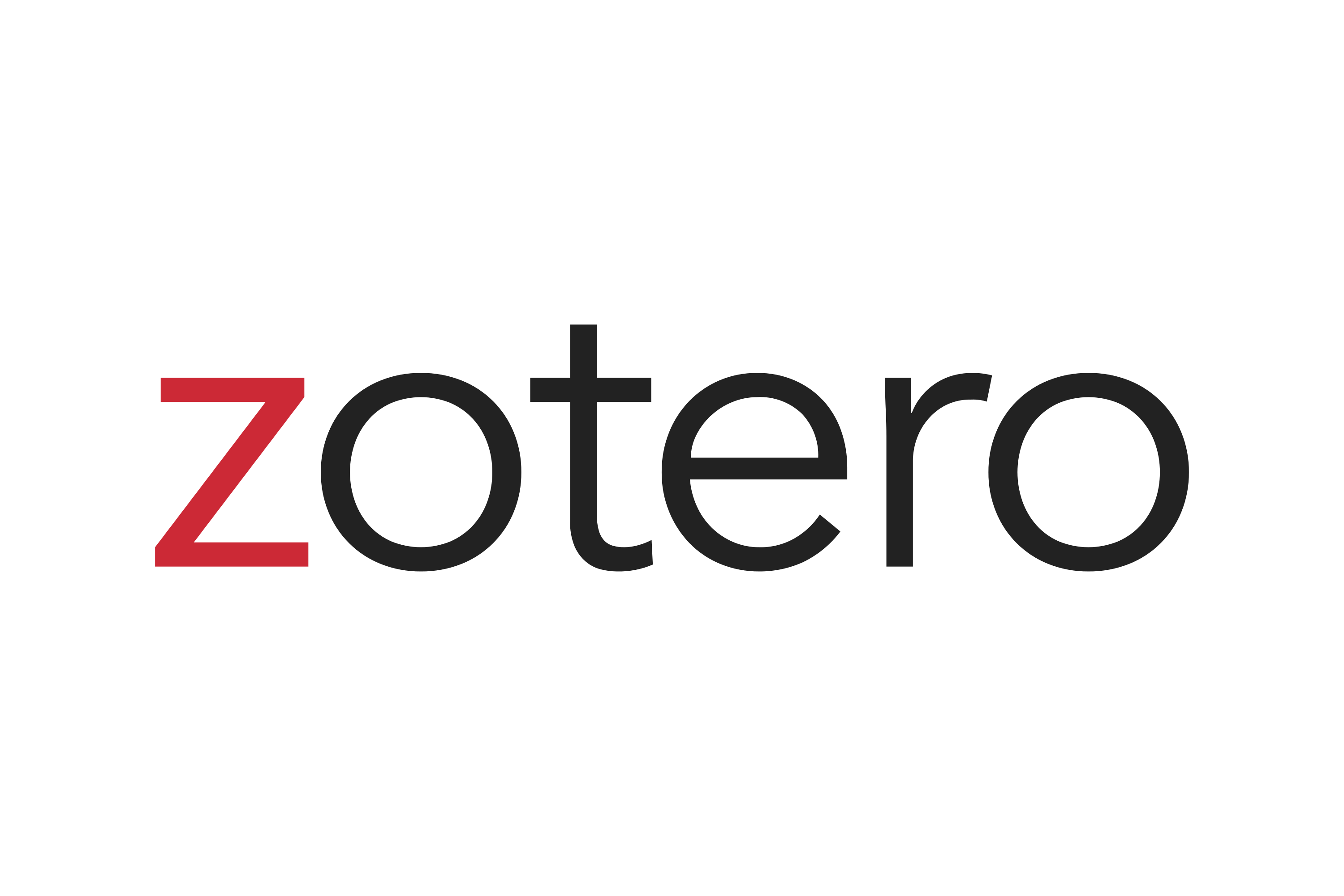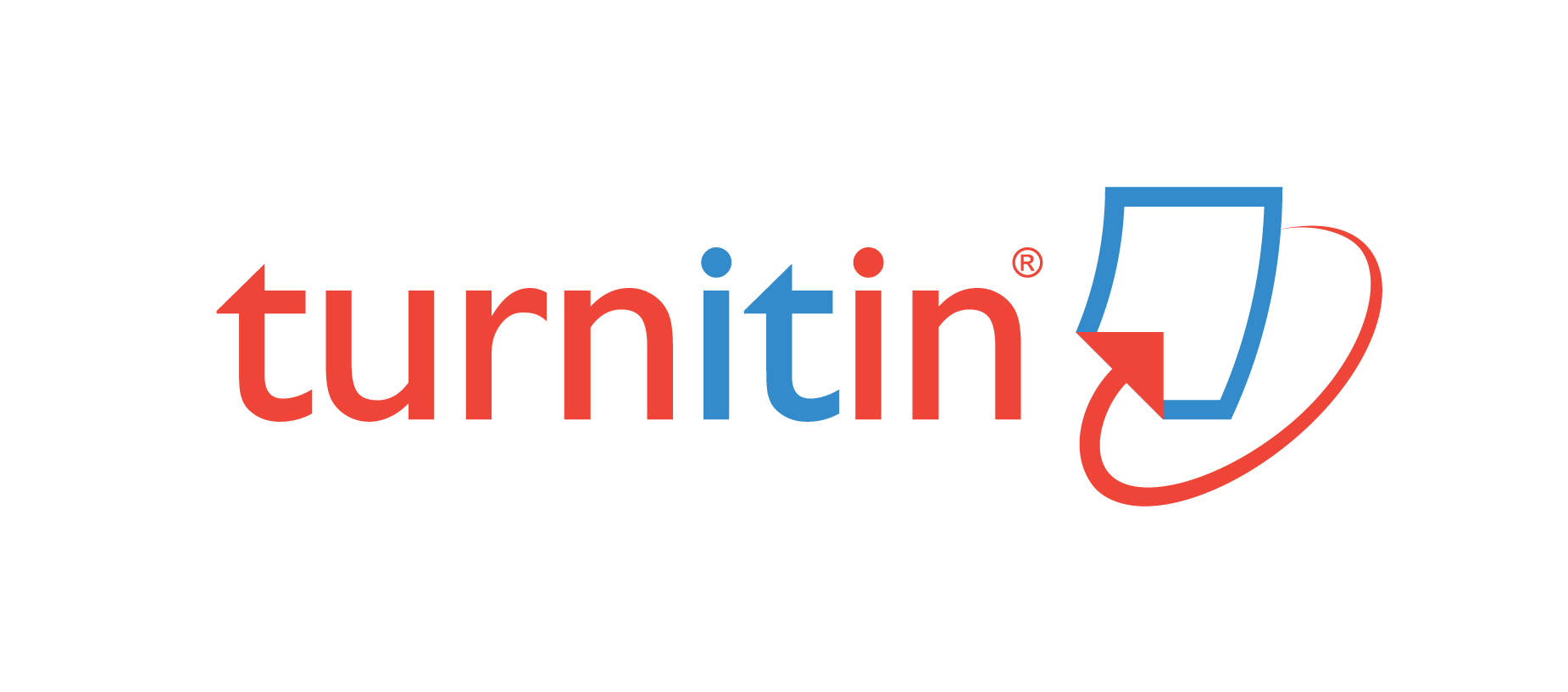UPAH MENGAJAR AL-QUR’AN DALAM PERSPEKTIF HADIS
DOI:
https://doi.org/10.32678/alfath.v7i1.3083Keywords:
Mengajar, al-Qur'an, UpahAbstract
Masalah imbalan, bayaran, upah, atau apapun namanya, memang masih menjadi polemik di masyarakat. Tidak saja bagi guru yang menerimanya, tetapi juga bagi umat yang memberikannya. Aspek budaya “perasaan” dan ketidaktahuan tentang hukumnya adalah beberapa di antara faktor penyebabnya. Penelitian ini berusaha
untuk menjawab pertanyaan ini, yakni bagaimana problem seputar upah mengajarkan Al-Qur’an?, bagaimana pandangan ulama tentang boleh tidaknya menerima upah dari mengajarkan Al-Qur’an? dan bagaimana pandangan hadis terhadap suatu upah mengajarkan Al-Qur’an? Tujuan Penelitian dari rumusan masalah di atas adalah untuk mengetahui problem seputar upah mengajar Al-Qur’an, untuk mengetahui bagaimana pandangan ulama tentang boleh tidaknya menerima upah dari mengajarkan Al-Qur’an, untuk mengetahui bagaimana pandangan hadits terhadap suatu upah mengajarkan Al-Qur’an. Dari proses penelitian, didapatkan hasil bahwa kualitas hadits tentang boleh menerima upah mengajar Al-Qur’an yang diriwayatkan oleh Bukhari dari Ibnu Abbas berstatus hadis Shahih, dengan demikian hadis tersebut layak dijadikan hujjah atau dalil tentang boleh menerima atau mengambil upah dalam mengajarkan Al-Qur’an.
Downloads
Downloads
Published
How to Cite
Issue
Section
License
Copyright Notice

Al-Fath: http://jurnal.uinbanten.ac.id/ is licensed under a Creative Commons Attribution-ShareAlike 4.0 International License
An author who publishes in Al-Fath agrees to the following terms:
- Author retains the copyright and grants the journal the right of first publication of the work simultaneously licensed under the Creative Commons Attribution-ShareAlike 4.0 License that allows others to share the work with an acknowledgment of the work's authorship and initial publication in this journal
- Author is able to enter into separate, additional contractual arrangements for the non-exclusive distribution of the journal's published version of the work (e.g., post it to an institutional repository or publish it in a book) with the acknowledgment of its initial publication in this journal.
- Author is permitted and encouraged to post his/her work online (e.g., in institutional repositories or on their website) prior to and during the submission process, as it can lead to productive exchanges, as well as earlier and greater citation of the published work (See The Effect of Open Access).
Privacy Statement
The names and email addresses entered in this journal site will be used exclusively for the stated purposes of this journal and will not be made available for any other purpose or to any other party.










